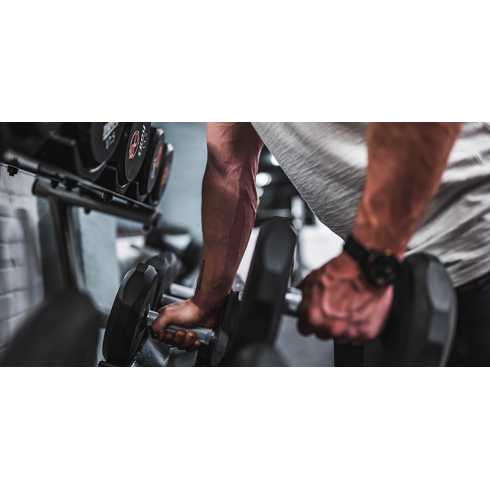FASTING AND SPORT: 9 TIPS FOR TRAINING DURING RAMADAN
Related posts
-

-
 How to have a visible abdominal core? 26/12/2023
How to have a visible abdominal core? 26/12/2023 -
 Can you change the shape of your biceps? 20/09/2023
Can you change the shape of your biceps? 20/09/2023 -

-

Blog categories
Search
Blogs
-
 21/11/2023
21/11/2023CHEAT MEAL: THE SECRET TO BOOSTING YOUR DIET OR SABOTAGING IT?
You're not alone! In this article, we will deeply explore the pros and cons of cheat meals. Get ready to fully understand the principles of cheat meals with QNT!
-
 20/09/2023
20/09/2023GUIDE TO GAINING MUSCLE
HOW DO YOU BUILD LEAN MUSCLE? Muscle building can only be achieved by respecting certain principles: adapt your diet and adapt your training! We are not all equal. We will all react differently to...
-
 7/08/2023
7/08/2023Amino acid, what is it?
Amino acids are components of protein, a molecule that all athletes must know well! These amino acids have a very important role because our muscles and cells are composed of amino acids that...
-
 4/06/2023
4/06/2023Collagen: An essential food supplement for your health.
Collagen is a natural substance present in many parts of our body. Its benefits have been known for thousands of years. It is responsible for the cohesion of cells between them but also for the...
-
 4/07/2023
4/07/2023Why take a fat burner at night?
Losing weight can be more difficult depending on your metabolism, your age or your lifestyle. Fat burners are among the most popular weight loss supplements for both men and women.

